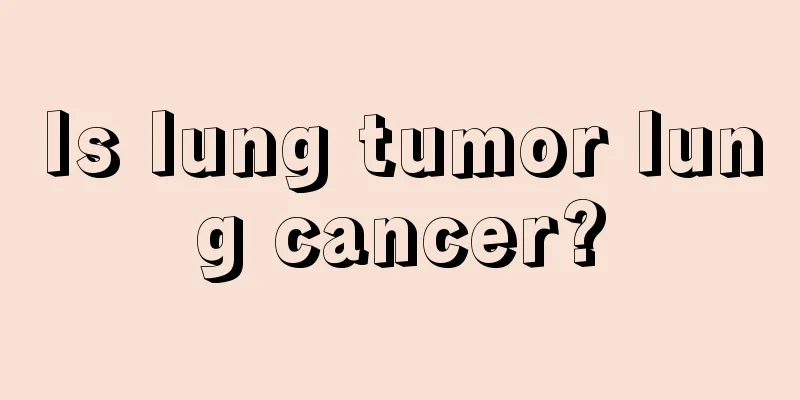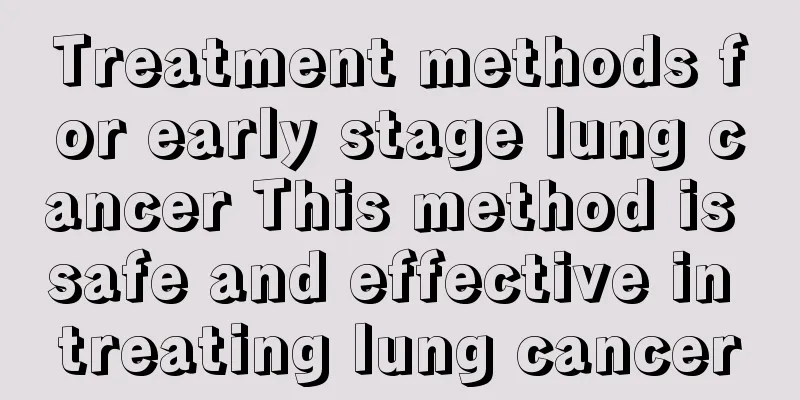Symptoms of infants inhaling formaldehyde

|
After a house has just been renovated, there will be a lot of pungent odors due to paint and decoration materials. These odors are caused by excessive formaldehyde in the air. Formaldehyde is a chemical substance that is very harmful to the human body. Normal people may be poisoned if they inhale excessive formaldehyde, so formaldehyde is very scary for babies. Let’s take a look at the symptoms of infants inhaling formaldehyde. 1. Symptoms of formaldehyde poisoning in infants Infants and young children who are in a period of rapid growth and development breathe in twice as much formaldehyde as adults, and also ingest more air pollutants than adults. Seriously excessive formaldehyde content can cause allergies in infants and young children, and may even cause leukemia. Symptoms of formaldehyde poisoning in infants are as follows: 1. When getting up in the morning, the baby feels stuffy, nauseous, or even dizzy; 2. The baby is prone to catching colds, coughing, sneezing, and has a weakened immune system. The baby is reluctant to stay at the newly renovated house. 3. Although babies are rarely exposed to smoking environments, they often feel uncomfortable, have a foreign body sensation, and have difficulty breathing; 4. Babies often have skin allergies and other problems, and they are frequent; 5. After the baby leaves this environment, the symptoms will change and improve significantly. 2. For the sake of your baby’s health, it is recommended that you should do more prevention and preparation: 1. Ventilate more, which is the most fundamental way to purify indoor air. 2. Place green plants to purify the air and beautify the environment and mood. 3. Placing activated carbon can effectively absorb the five major pollution culprits in the air. 4. Use formaldehyde remover or the like. 3. What to do if you are poisoned by formaldehyde As we all know, formaldehyde is a colorless, strong-smelling prototoxic substance that easily reacts chemically with other substances in the air to produce toxic substances of varying concentrations. Different concentrations of formaldehyde have different harmful effects on the human body. To know what to do if you are poisoned by formaldehyde, we should carry out different degrees of treatment according to the concentration of inhaled formaldehyde. Below, we will take a look at the common solutions to formaldehyde poisoning: 1. Leave the scene quickly: Formaldehyde is a toxic volatile gas. It also has adhesive properties and can quickly penetrate into the human pores and clothing fibers. Therefore, we should quickly flee the scene after formaldehyde poisoning and take off our clothes in time to prevent further damage by formaldehyde. Exposed skin has been corroded by formaldehyde and should be immediately rinsed with plenty of water, followed by neutralization cleaning with soapy water or 2% sodium bicarbonate solution. 2. Short-term acute formaldehyde poisoning: Patients with this type of formaldehyde poisoning mostly inhale large amounts of formaldehyde gas for an extremely long period of time, which leads to upper respiratory tract irritation reactions and complications. For this type of formaldehyde poisoning patients, they should pay attention to lying down and resting, and they can only be active after being observed for 48 hours and having no other symptoms. 3. Severely poisoned patients: This type of formaldehyde poisoning patients mainly inhale high concentrations of formaldehyde toxic gas. For this type of patients, 0.1% dilute ammonia water should be inhaled in time, or sufficient amount of glucocorticoids should be injected in time, which can also effectively prevent the occurrence of diseases such as throat and lung edema. If the patient's condition is very serious, their breathing should be kept smooth as much as possible, and bronchial spasmolytics or defoaming agents should be injected appropriately. If necessary, tracheotomy should be performed. 4. Appropriate oxygen therapy should be carried out after formaldehyde poisoning. Regardless of whether the condition is severe or mild, internal oxygen should be input to ensure aerobic respiration in the human body's trachea. 5. Symptomatic treatment: After formaldehyde poisoning, differentiated treatment should be carried out according to the physical constitution and degree of poisoning of different people, and other complications should be prevented to minimize the damage to the human body after formaldehyde poisoning. |
<<: Is eating garlic regularly harmful to your health?
>>: What to do after the baby is born?
Recommend
How to treat a small thyroid cancer
Thyroid cancer is very small and can be treated t...
How to remove yellow stains on the toilet
In modern society, more and more people have toil...
Can I eat leeks when I have thyroid nodules
Nowadays, more and more people believe in traditi...
My arm was scalded by hot water
Many people often get their arms scalded when wat...
Things to note when keeping warm in the office in winter
The weather is getting colder and colder in winte...
What can soften fish bones
Generally, fish bones can be softened by edible v...
What are the methods for curing tongue cancer
If you have oral ulcers, you must pay attention t...
Symptoms of pneumonia in turtle hatchlings
Turtle seedlings refer to the young turtles. Smal...
Five ways to treat frostbite
In winter, due to the influence of cold weather, ...
What are the early symptoms of lung cancer? 3 early symptoms of lung cancer Early detection and early treatment
Cancer is a very harmful disease that can cause d...
Can daylily and kelp be eaten together
Daylily is a vegetable that everyone is familiar ...
How long can you live with prostate cancer
Prostate cancer is a malignant tumor disease with...
Increased texture in the lower part of both lungs
In daily life, many people suffer from respirator...
Which department is better for melanoma? What are the treatment methods for melanoma?
Melanoma patients can first go to the dermatology...
How to effectively slim down your calf muscles
Among the weight loss plans we have developed, sl...









